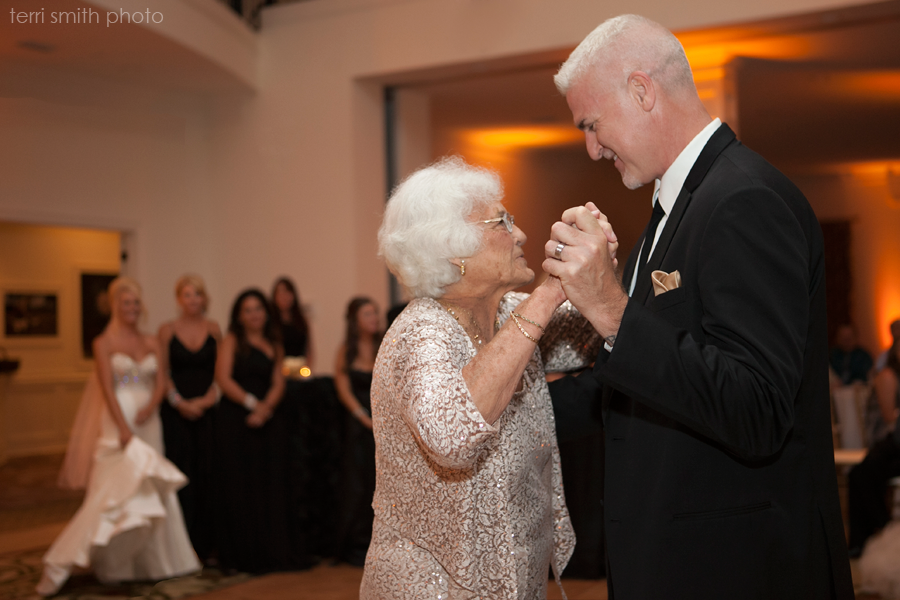Written by Amber Merten
Dementia and Alzheimer’s disease are often used interchangeably, but they are not the same. Understanding the distinctions between these conditions is crucial for caregivers, healthcare professionals, and families dealing with loved ones affected by these disorders. Dementia is an umbrella term that refers to a decline in cognitive function that affects daily life activities. It includes a range of symptoms such as memory loss, impaired judgment, language difficulties, and changes in behavior or personality. There are many different types of dementia and many conditions can cause dementia.
Alzheimer’s is a specific type of dementia and is the most common cause of dementia accounting for 60-80% of dementia cases according to alz.org. It is a progressive brain disorder that leads to dementia symptoms that get worse over time. The memory loss and cognitive decline eventually interferes with the ability to carry out daily tasks. Both diseases are not a normal part of getting older but are caused by damaged brain cells.
Dementia can result from various causes, including Alzheimer’s disease, vascular issues, Parkinson’s disease, and others. Its onset and progression can vary widely depending on the underlying cause. Different types of dementia may involve distinct brain changes. For example, vascular dementia results from impaired blood flow to the brain, while Lewy body dementia involves abnormal protein deposits in the brain.
Alzheimer’s typically starts with mild memory loss, especially learning new information. It progresses through stages, including mild cognitive impairment, moderate Alzheimer’s, and severe Alzheimer’s, leading to profound memory loss and challenges in daily functioning. Alzheimer’s is characterized by the accumulation of beta-amyloid plaques and tau protein tangles in the brain, leading to the destruction of brain cells and the disruption of communication between neurons.
Treatment and Management
Dementia: Treatment for dementia depends on the underlying cause. It may involve medication, cognitive therapy, lifestyle changes, and support services to manage symptoms and improve quality of life.
Alzheimer’s Disease: Currently, there is no cure for Alzheimer’s disease. Treatment focuses on managing symptoms, slowing progression, and improving quality of life through medications, behavioral interventions, and support for caregivers.
In conclusion, while Alzheimer’s disease is a specific type of dementia, dementia itself encompasses a broader spectrum of cognitive disorders. Understanding the differences between these conditions is essential for early detection, proper diagnosis, and effective management strategies to improve the quality of life for individuals living with these challenges.
If you or a loved one needs assistance with navigating a life with Dementia or Alzheimer’s, our services at Synergy may be able to help you through these uncharted waters and bring peace
of mind. Synergy works one on one getting to know the client then creates a specialized care solution in the comfort of their home. Care fits the clients needs and can be round the clock
care, just a few hours a week, or much needed respite care. Synergy also delivers life-energizing memory care through:
-stimulating and engaging activities
-conversations and music
-companionship and nostalgic entertainment
-robotic therapy pets
For more information on how Synergy can support your family with Alzheimer’s or Dementia please give us a call today!
















